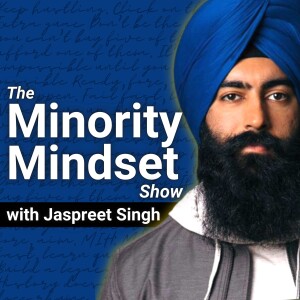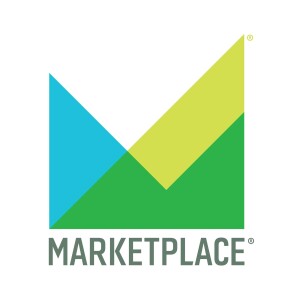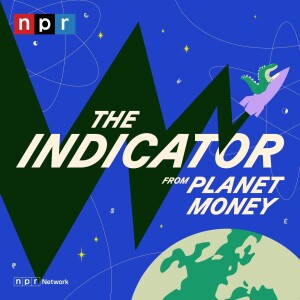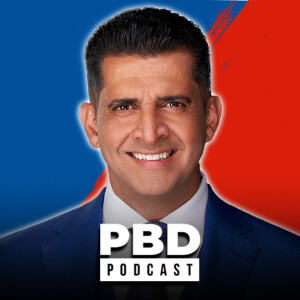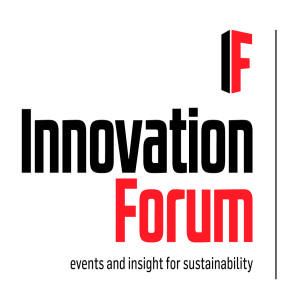

Webinar – The future of ethical trade: what are the human rights risks that brands must address?
Recent years have seen calls for major changes in human rights due diligence and reporting gathering momentum. This tidal wave of governments making legislation that holds businesses legally accountable isn’t stopping any time soon.
In addition, NGOs, investors and consumers are demanding more than just the bare minimum when it comes to business and human rights practices. However, with a whole suite of expectations and standards bombarding corporates, the basic question of “what do stakeholders actually want?” is getting lost. This disconnect could be disastrous for business, not only legally, but reputationally.
- What do investors, consumers, NGOs and government want from business?
- How have expectations of these groups changed and how are they set to differ as we head into a new decade?
- What are the incentives for business to go beyond mere compliance?
Discussing these questions are:
- Julie Vallat, vice president, human rights, L'Oréal
- Adam Schafer, director, supply chain traceability, Intel
- Mary Francis, senior manager, worker rights strategy, VF Corporation
Hosted by Ian Welsh, Innovation Forum
Join Innovation Forum in London in March and New York in May to debate the future of ethical trade and human rights.
More Episodes
All Episodes>>Create Your Podcast In Minutes
- Full-featured podcast site
- Unlimited storage and bandwidth
- Comprehensive podcast stats
- Distribute to Apple Podcasts, Spotify, and more
- Make money with your podcast

